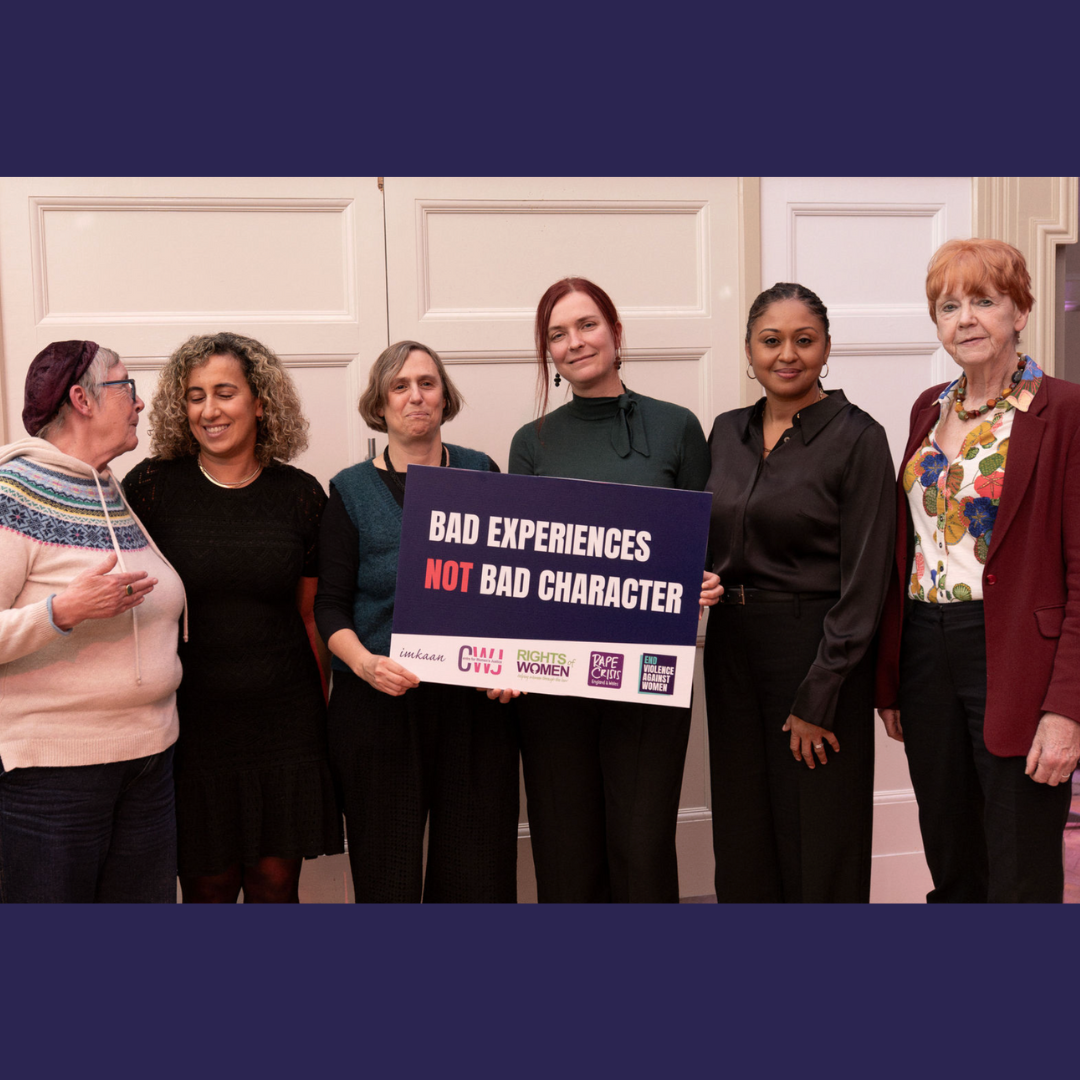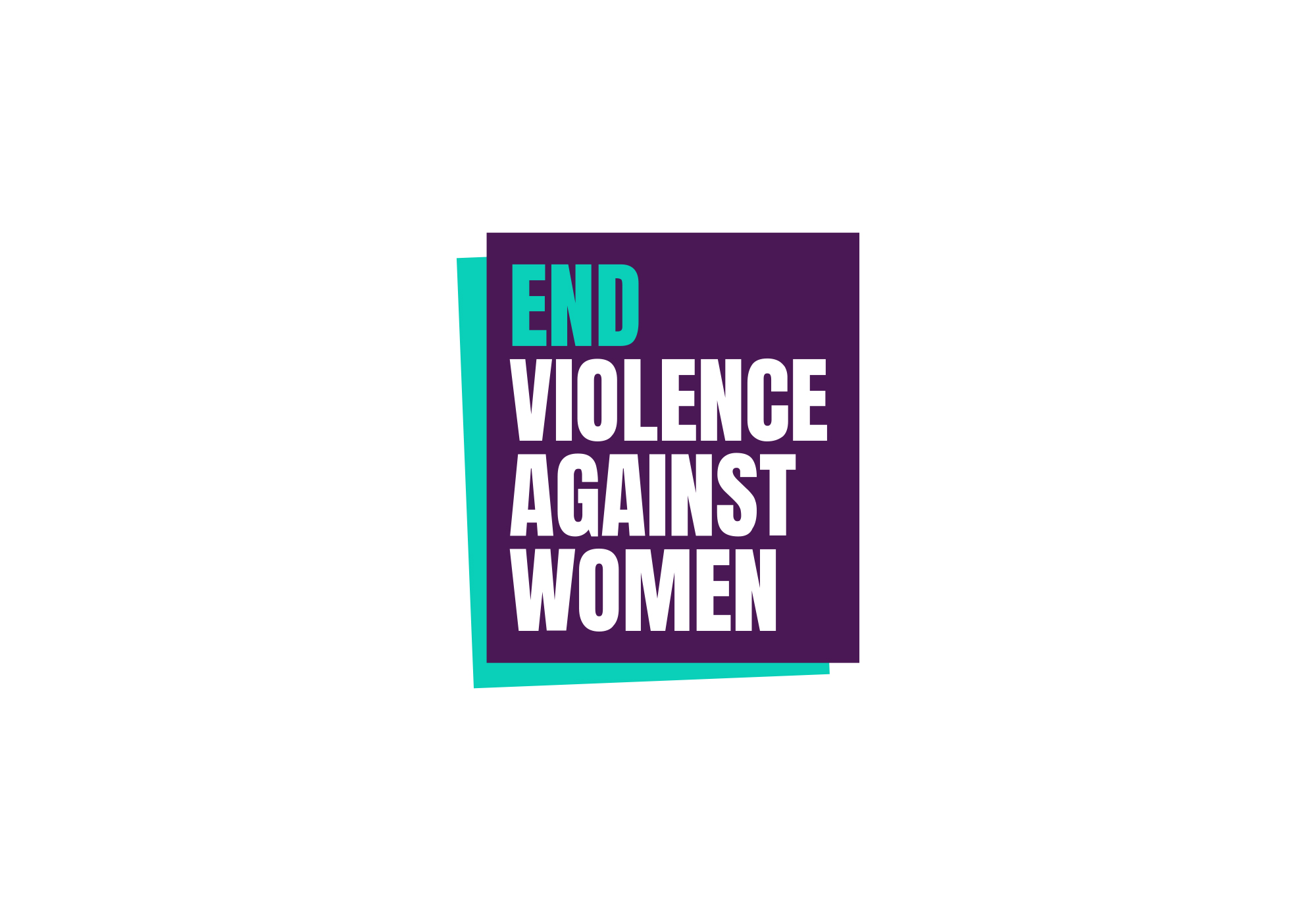 19 Dec
19 Dec
Tomorrow (15 May) the Justice Committee will hear evidence from Rape Crisis England & Wales regarding the disclosure of evidence in criminal cases and its damaging impact on rape trials.
Read our submission to the Justice Committee’s inquiry into disclosure procedures here
There has been a year on year rise in reports of rape and sexual violence to the police (1) but the recent ‘crisis’ in the criminal justice system around disclosure risks an erosion of justice. Fair, reasonable and proportionate disclosure rules and practices are essential to a fair trial and access to justice. But rules and practices must not encourage police or prosecutors to stray into gathering evidence which would be used to relate a complainant’s “sexual history” because this is unlawful and is a grave threat to rape justice at a systemic level.
In advance of giving evidence to the inquiry tomorrow, Rape Crisis England & Wales, says: “Survivors are told that it doesn’t matter if they have nothing “to hide”. But there is a violation in the very act of asking for access to things that don’t feel relevant to a sexual offence you have chosen to report. We must consider how it feels to have your privacy invaded, to have your most personal conversations combed over by a police officer, for your thoughts and feelings to be examined in case of a discrepancy – in case it doesn’t match the myths of what a “real victim” looks like.
“Prosecutors, jury members and us as individuals need to be braver and push back against the myths society holds about sexual violence. Consent is an ongoing process. A text message about sex does not equal consent. Messages that don’t use the explicit language of violence do not mean what happened was not violent.
“Women find it hard enough to come forward and report rape. Irresponsible media myths, poor police and CPS practice and inadequately resourced services can all dissuade victims from reporting to the police. This means that more and more perpetrators will be walking amongst us with the renewed confidence that they will never be held to account.
“Our system needs urgent reform. The Government must review the use of disclosure in rape cases within the criminal justice system and ensure victims have access to an Independent Sexual Violence Advocate when they report, so they are given the best chance of justice.”
Rachel Krys, Co-Director at the End Violence Against Women Coalition, says: “As a society, we rightly expect the criminal justice system to effectively prosecute rape and sexual violence, to deliver justice and deter perpetrators. Yet, the conviction and charge rates for rape are still alarmingly low, the causes for which are rooted in sexist stereotypes and rape myths.
“We are particularly concerned about the impact current disclosure rules have on rape cases. A victim’s data can be routinely summoned in court as evidence to imply consent was given including all photographs, videos, private social media conversations and text messages. This means a single text message could be used to imply a rape could not have taken place due to previous ‘flirtatious’ interactions between the parties.
“Evidence used in this way is disproportionate and unfair. We need to make sure that disclosure rules and practices do not stray into, and do not encourage police or prosecutors to stray into gathering evidence that would be used to relate a complainant’s ‘sexual history’.”
-ENDS-
Recommended ARTICLES
 19 Dec
19 Dec
 18 Dec
18 Dec
 03 Dec
03 Dec

